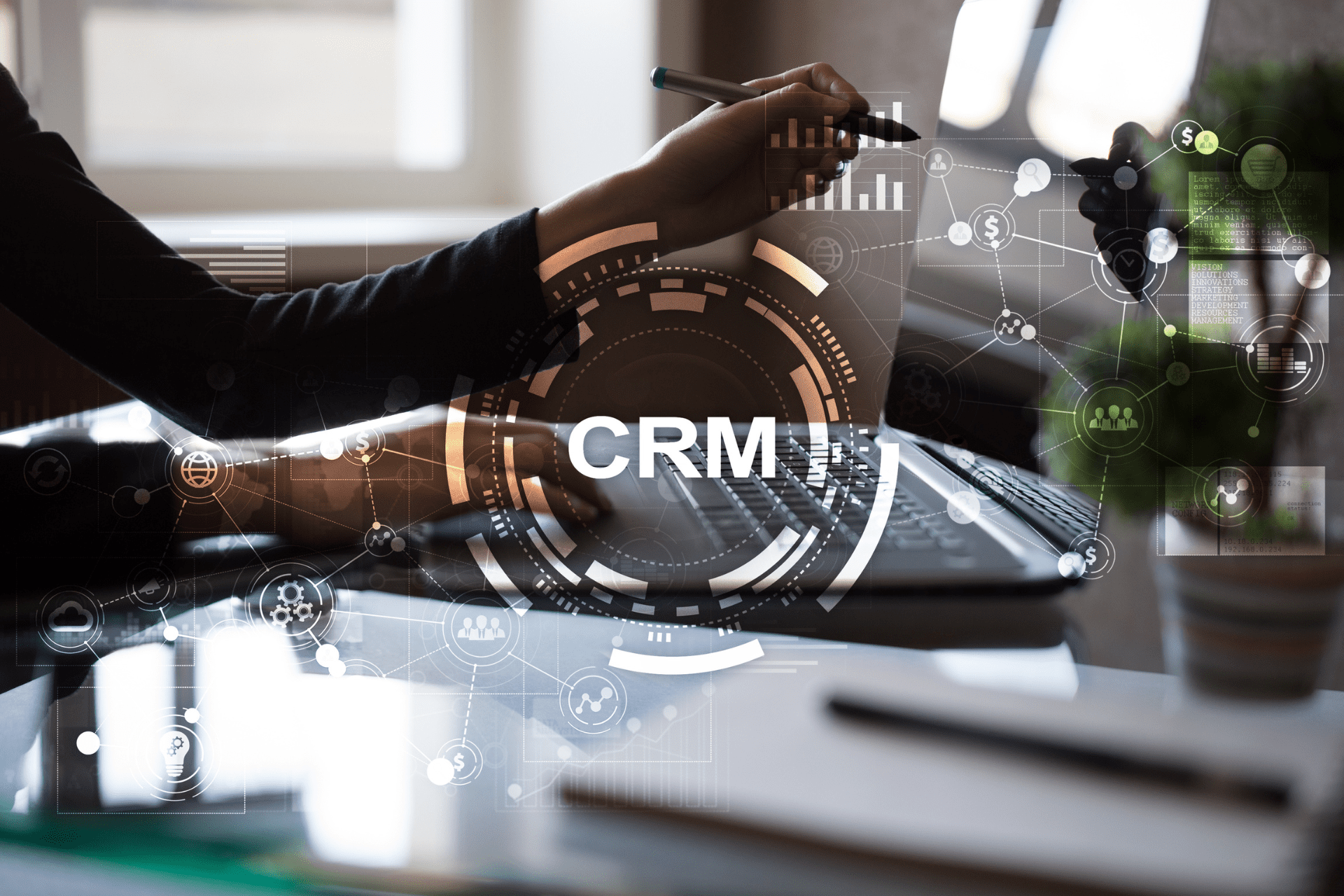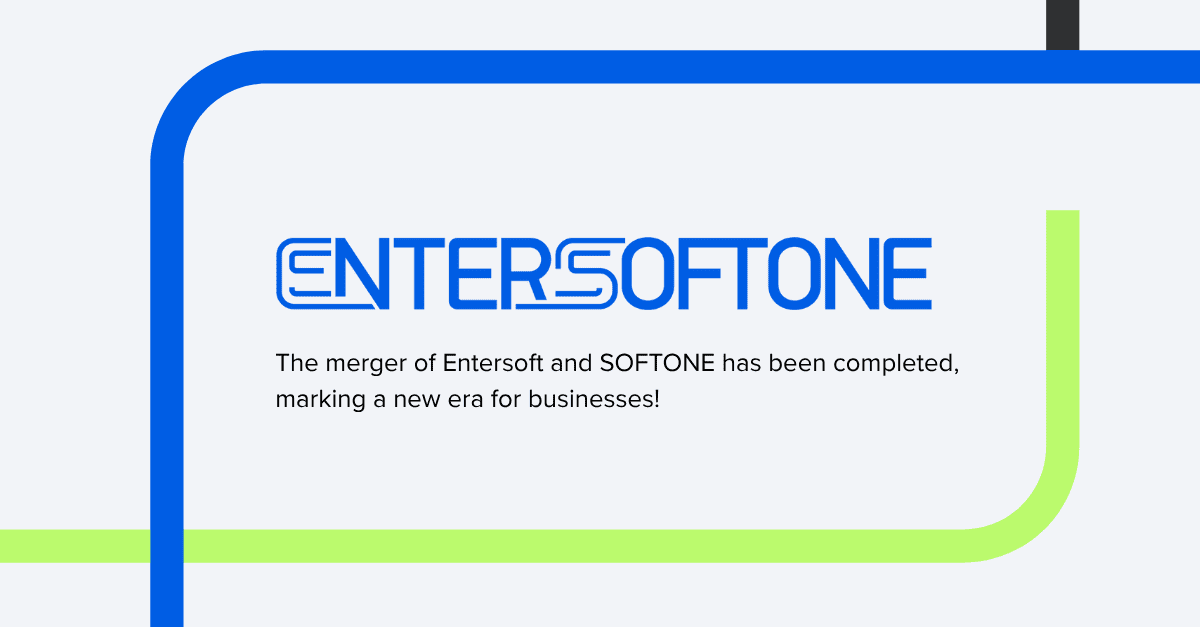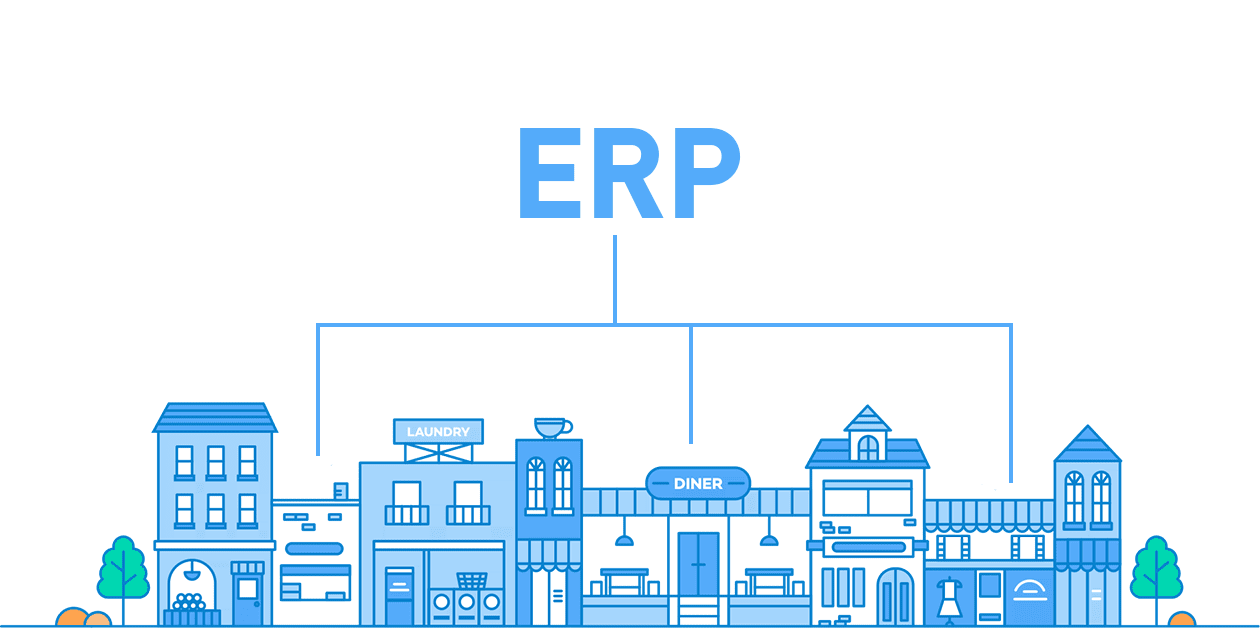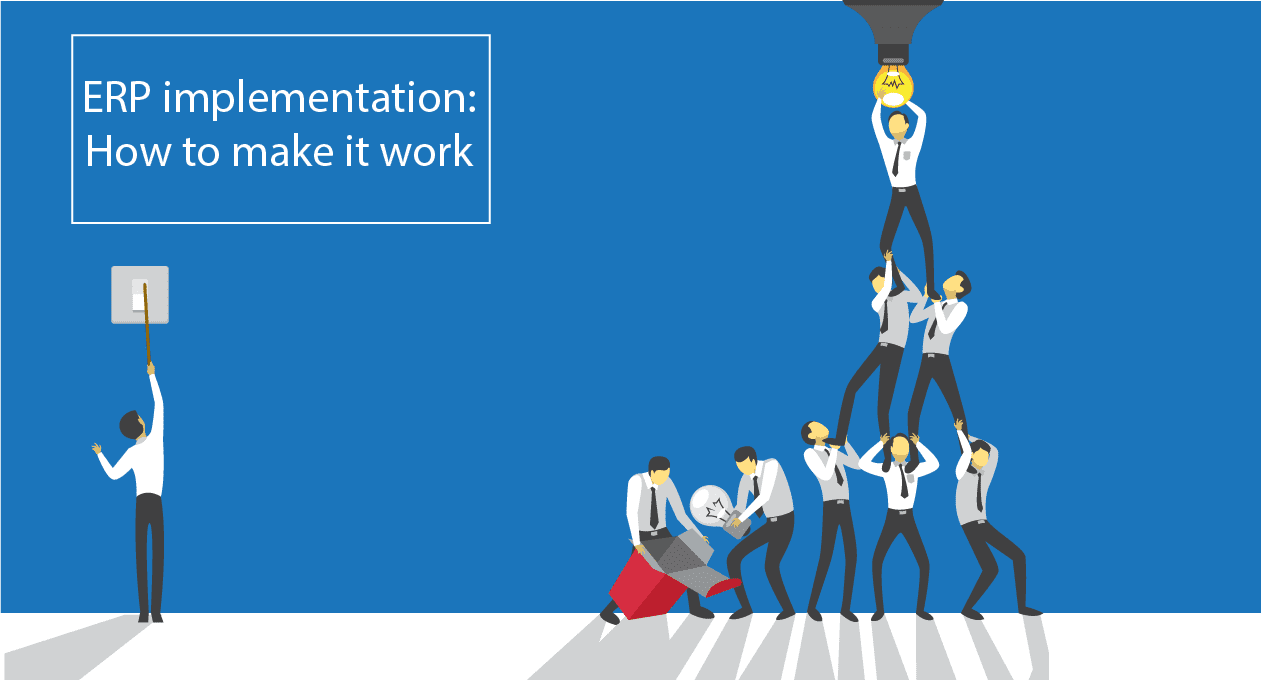Share
Read also

Trends & Views
Digital Transformation Strategies for Success

Business Software
CRM for Small Businesses and Seamless Integration

News & Events
ENTERSOFTONE: The merger of Entersoft and SOFTONE has been completed, creating the largest provider of business software products and services in Greece and Southeast Europe.

Mobility
Outlook for the BYOD and EM market from 2025 to 2035
According to the facts, big enterprises are already using ERP solutions, so the “battlefield” has now shifted to SMBs. So, let’s take a look at the key findings and the challenges lurking in the deployment of ERP systems by SMBs, as these were documented in the Software Advice survey (http://bit.ly/2ea8HU6).
Key Findings
• 2/3 of the participants are not currently using any ERP solution, while 44% are relying on a combination of different systems for their ERP processes.
• 59% of the participants stated that the primary reason for acquiring an ERP system, is the need to improve the integration of data coming from different business processes.
• 47% of the participants stated that the primary reason for acquiring an ERP solution, is the need to improve their CRM database.
• 24% of the participants already using an ERP solution, pointed out that the main reason they are looking into installing a new solution, is the lack of support, while 19% cited cost as the primary reason.
• 27% of the participants that are not currently using any ERP system, stated that they are considering going forward with the deployment as a means to develop their business.
Change is a necessity
It is a fact: regardless of its size, any business that decides to deploy an ERP solution, will have to undergo significant changes as far as its operations are concerned. This is especially true for SMBs, since they will need to deal with processes far more time-consuming than what they are used to. This often leads to denial and reactions from employees and departments. To resolve these issues, SMBs need to be convinced that all these are just temporary bumps on the road and what they should do, is focus on the positive results, such as development and the future of technology. In short, SMBs need to understand that such a deployment goes beyond their current needs, and is able to meet their future requirements as well, even for as long as ten years.
Budget restrictions
The next, but equally important, challenge has to do with budget restrictions. Undoubtedly, investing in an ERP solution comes at a certain cost for hardware, software and deployment. In order to mitigate this cost, many SMBs choose to cut some corners by leaving out non-critical system features, which can ultimately lead to even bigger expenses in the future. For example, there is a tendency to focus on technical issues and overlook those related to personnel and operations, and as a result, businesses are forced to deploy such features soon afterwards, at a greater cost.
To deal with this problem, instead of leaving out important features that contribute to the successful deployment of the ERP solution (e.g. training, testing and so on), SMBs should opt for a gradual deployment process, resolving the critical issues that led them to purchase an ERP system and making sure that they have all the necessary features. In this way, they can reduce expenses, keep to their schedule and immediately enjoy all ERP benefits.
Model identification and evaluation
The third challenge that SMBs need to deal with is prompt identification and evaluation of the pros and cons of the available models. Acquiring a cloud-based ERP system will possibly prove to be the most cost-effective solution for businesses of this category, and it seems that SMBs prefer this technology, mainly because it offers shorter deployment time and reduced IT expenses. SMBs should perform an extensive and long-term cost analysis before selecting the model that meets their needs.







